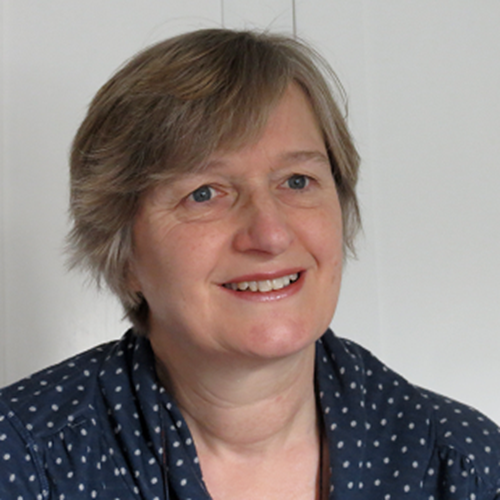Issue 105: exploring vocabulary
In his article in the latest issue of ETp, Chris Payne quotes linguist David Wilkins’ famous statement: ‘While without grammar, very little can be conveyed, without vocabulary, nothing can be conveyed’, and the importance of the exploration of vocabulary lies at the heart of this and several more articles in this issue.
Both Fran Sokel and Mark Fletcher look at the words that English has borrowed from other languages, and which many of us use every day, completely unaware of their origins. Fran exploits the wealth of loan words to feed her students’ fascination with language and to deepen their understanding and knowledge of English. For Mark, an understanding of the debt that English owes to Middle Eastern languages brings an acknowledgement of the rich heritage of knowledge and innovation that has passed from East to West throughout history. This provides him with an opportunity to celebrate with his students past exchanges of culture, to raise awareness of diversity and to promote intercultural tolerance. (We welcome Mark back to ETp after a long absence, and we are particularly grateful for the cartoons he has done to decorate his and Fran's articles, as well as this issue's Scrapbook.)
Zdenek Rotrekel also has a keen interest in vocabulary teaching. He explains how he exploits his students’ mother tongue to help them learn English words. He proposes a series of activities which employ both English and L1, in order to maximise his students’ vocabulary learning potential. Readers with monolingual classes may like to try these activities with their students and see if their vocabulary learning is enhanced.
In our main feature, Jason Anderson argues for the importance of making our intentions clear to our students at the start of each lesson, something that is a keystone of mainstream education, but which he feels is often overlooked in our field. This kind of signposting is also evident in Benjamin Moorhouse’s technique for using process writing with young learners. Each step of the process is kept separate from the others and each session begins with a reminder of what the students will do that day, and why.
Chris Banister points in the opposite direction – his ‘review collage’ activity gives the students an opportunity to look back at what they have learnt, to reflect on their learning experience and to give feedback on the materials they have used.


Comments
Write a Comment
Comment Submitted